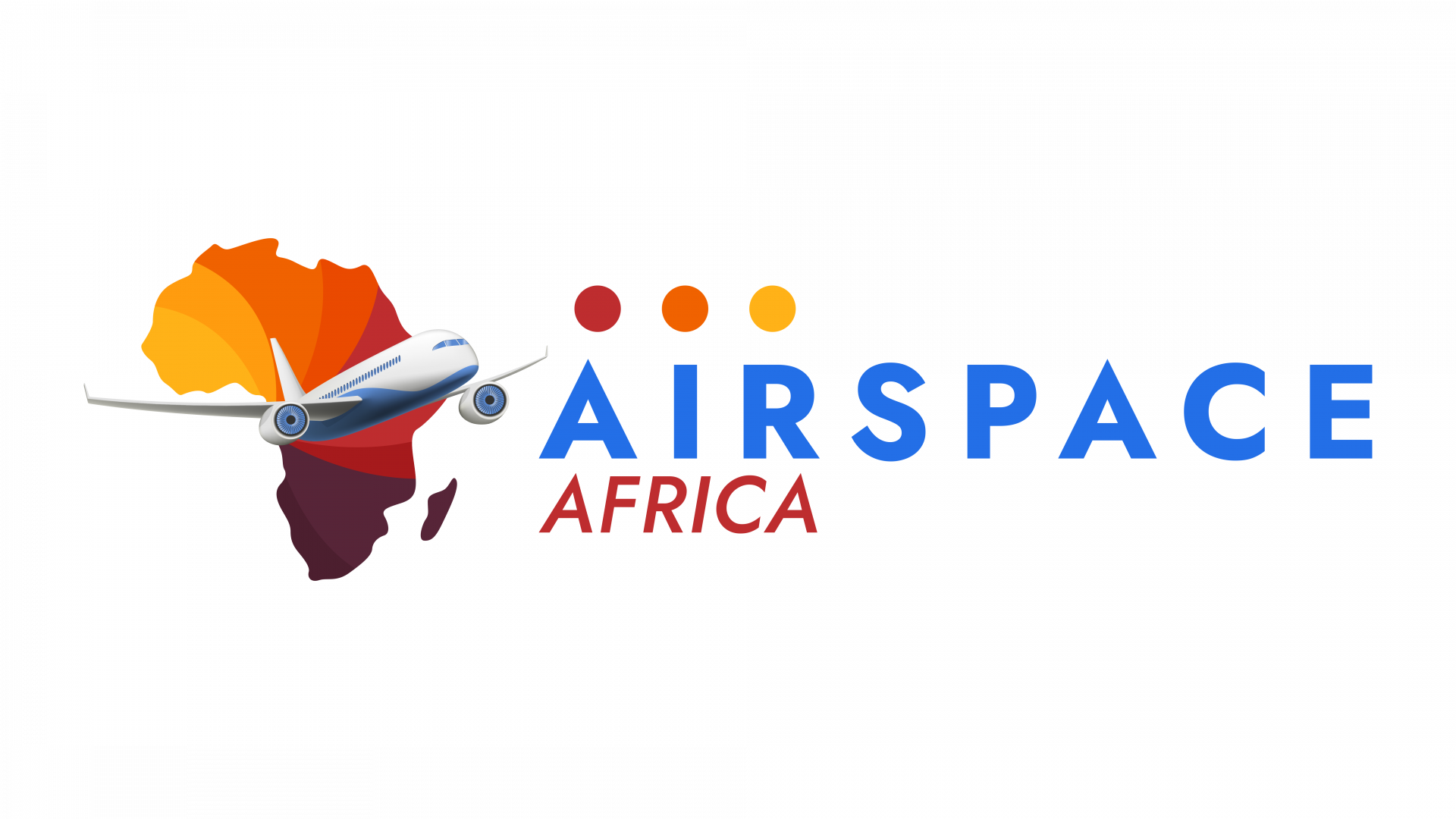Climate action is one of the greatest challenges of our generation. The aviation industry has set a clear pathway to cutting its carbon footprint with the sector’s commitment to achieving Net-Zero emissions by 2050.
Airspace Africa had a conversation with aviation Journalist and Aviadev Ambassador Ronnie Afema from Uganda who has set about bringing Africa to the table with an an initiative that will ensure active participation from the continent’s industry players.
Airspace Africa: Tell us about the One Dollar tree planting campaign and how it came about?
Ronnie Afema: In 2021 I was appointed AviaDev Ambassador from Uganda. I had the privilege to speak to a delegation of aviation leaders which included Airline CEOs, Airports and different aviation stake holders in Cape town, South Africa. I presented solutions on mitigating the impact of aviation on climate change, I didn’t want this to stop at just giving a speech at such a big conference and connectivity where I got a chance to meet so many people in the African Aviation industry and the globe at large. I thought about a practical way of involving airlines, airports and different aviation stake holders in mitigating the impact of aviation in addition to other aviation ventures on sustainability like Sustainable aviation fuel. So, I did take time off to write a proposal and tree planting was the more practical and more engaging way of bringing the project to life. I contacted a few companies and one successfully partnered with a company called the Global improvement group based in the US and which has a global foot-print through tree planting to offset carbon emissions. That’s how the One-dollar tree planting campaign came to life so ideally it means one ticket, one dollar charged and one tree planted. We also have other companies like cargo operators and other aviation entities like flight academies who don’t operate scheduled flights but do want to be the part of the campaign as part of the broader and wider aviation family.

Airspace Africa: Why do you think it’s important for African Airlines Aviation entities and stake holders to participate?
Ronnie Afema: As the world hurtles towards a climate crisis, the need to decarbonize quickly and effectively has taken center stage. Travel and specifically aviation is in the crosshairs for its outsize contribution to global C02 emissions. While the industry might argue that it accounts only for only about 3% of emissions and climate activists have grown ever more vociferous in their opposition to flying in general, from flight shaming campaigns to complaints about greenwashing and to gluing hands to the runway and protesting at airports, the Good news is that the industry recognizes the need for swift course correction. The aviation industry has adopted the goal of reaching net-zero carbon emissions by 2050. In October, the UN ‘s international Civil Aviation (ICAO) led two weeks of negotiations involving 184 nations to agree on C02 emissions reductions. Its from that angle that I do think it is important for African Airlines and Aviation entities to participate in the One-dollar tree planting campaign. Trees are a natural carbon capture. Each time an aircraft takes off it releases significant amounts of carbon dioxide into the atmosphere. The long-term effects of the carbon dioxide are now evident and are a threat to our planet that has suffered from the toxins that have contributed to the current climate crises. Mass Planting of trees by the aviation industry will therefore create a carbon natural sink that will help to decarbonize the environment and offset a good amount of carbon emissions produced by aircraft in service.
Airspace Africa: What are the long-term goals of the campaign and what do you hope to achieve?
Ronnie Afema: It is our collective responsibility to save our planet by protecting our environment. Airlines and aviation entities that take part in this campaign will therefore help to decarbonize the environment. The program has been kick-started in Uganda and will now spread out to the rest of Africa with the partnership of other African Airlines and aviation bodies . Our main goal is to build self-sustaining, self-reliant, well-informed and environmentally conscious Aviation industry through a tree planting exercise to offset the carbon emissions of the industry.

Airspace Africa: Besides tree planting how else can players in the African Aviation industry play a role in mitigating climate change?
Ronnie Afema: Aviation is committed to collaborating to address its environmental impact becoming the first industry to adopt a global, sector -wide climate action goal. Having confirmed its commitment to achieving the net-zero carbon emissions by 2050. The aviation is industry is massively investing in more efficient aircraft engines designed by the plane manufacturing companies such as Boeing, Airbus, Rolls Royce. Use of new technologies to set more efficient flight paths and reduce delays. Use sustainable lower-carbon alternative fuels, investing in emissions offsets within or outside of the aviation sector.



